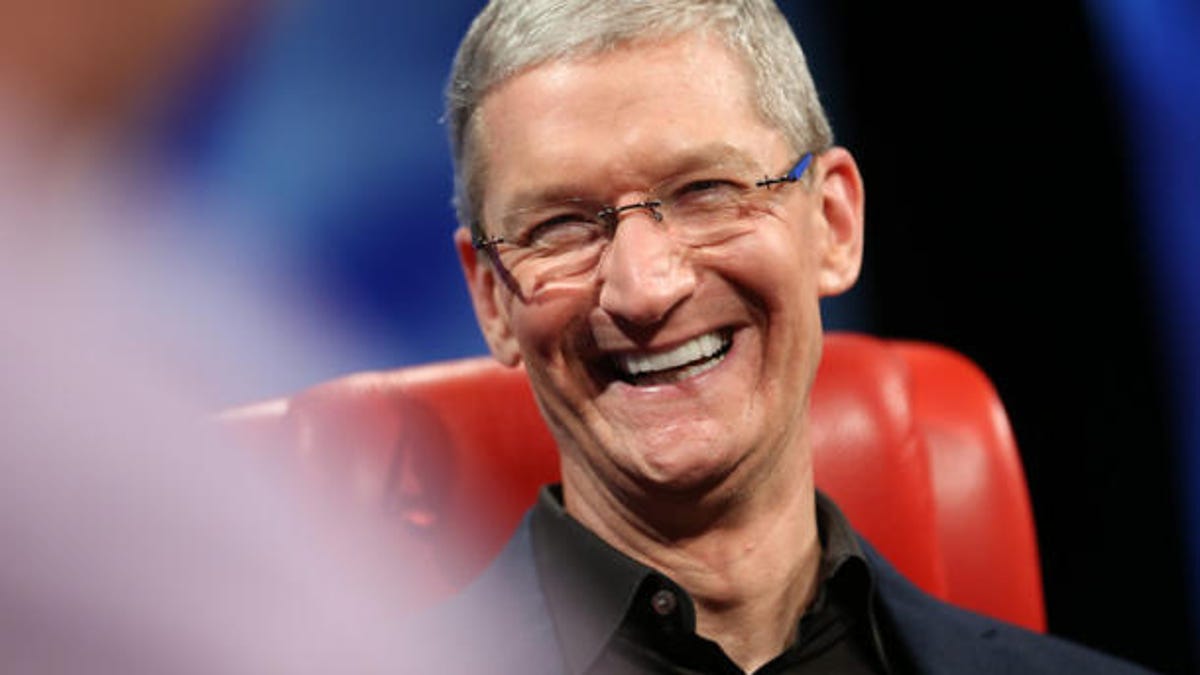BlackBerry's dying, Ballmer's crying. Apple won, right?
At Cupertino, they appear to be dancing in the corridors, while at previous rivals, there is the rending of garments and wailing. How did this happen?

It's been a week of sick feelings.
No, I'm not talking about staring at iOS 7 and feeling like releasing one's breakfast. I'm talking about BlackBerry and Microsoft.
BlackBerry admitted that it's lost a lot of money and it's struggling to survive. Microsoft, which recently admitted that it, too, had lost a lot of money, said goodbye to its CEO with a flashdance from him to the music from "Dirty Dancing."
In the case of both companies, they stared at what Apple was doing in phones and tablets and declared: "Ach, that'll never catch on."
Yet catch on it did. It was BlackBerry and Microsoft that didn't catch on, until it was far too late.
It all seems obvious now.
Humans are lazy. The easier you can make it for them to have all their information in their pockets, handbags and manbags, the more likely they are to like that.
The more thought you put into designing these little computers and making them attractive to look at and hold, the more readily people will warm to them.
The more music and movies and apps you pump into those phones, the more people will think: "Lookee here. I don't actually need anything else. My load is lighter. My heart is a touch giddy."
The fundamental difference between Apple and the other two companies is that it was rigorously focused on what real human beings find entertaining, stylish, easy and novel, instead of staring at its own navel.
BlackBerry believed that everyone would always love BlackBerrys. Just because. Now, the company's down to a relative few, plus Eric Schmidt.
Microsoft somehow believed that the PC would always hold sway, because the PC was where Microsoft was mighty. Then it saw mighty disappointment.
It may well be that it's not too late for either company. Microsoft still has its huge strengths. BlackBerry, once it's saved, might be able to make its economics work in its favor.
Currently, though, only Samsung has truly understood that a gadget manufacturer's job is to find ways to delight the audience. When you see Galaxy users open their phone covers and play with their larger screens you know that they're actually enjoying the experience.
Google, too, is learning about humanity with the Moto X in phones and the Nexus 7 in tablets. You have to make things that people instinctively look at, warm to and actually enjoy using.
Though Apple boasts about having sold 9 million phones at launch, this figure may not be as exciting as it seems.
What is unquestionable -- at least for now -- is that the elements that form the core Apple principles continue to resonate with real people.
People are fickle, as well as lazy. What is remarkable is that Apple has managed to satisfy their fickleness, as well as their indolent tendencies, for so many years.
What is also remarkable is that where it might have had fierce competition, for too many years it had relatively little.

